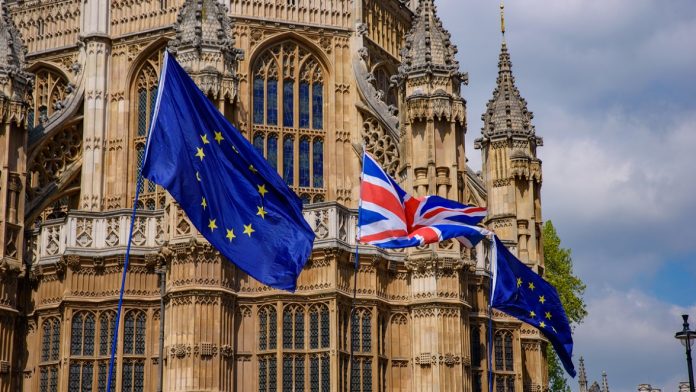- Pound (GBP) shrugged off gloomy forecasts and huge borrowing announced by the Chancellor
- OBR warn over no trade deal Brexit wiping 2% off UK economic output
- Euro (EUR) rose as France eases lockdown restrictions
- German consumer confidence & minutes to ECB November meeting in focus
The Pound Euro (GBP/EUR) exchange rate is extending losses for a third straight session on Thursday. The pair settled -0.05% in the previous session at €1.1230, after rebounding off the session low of €1.1185. At 05:15 UTC, GBP/EUR trades -0.1% at €1.1220, at the low of the day.
The Pound staged a reasonable rebound off session lows on Wednesday despite a record borrowing plan by the Chancellor Rishi Sunak and despite the grim economic outlook laid out by the Office of Budget Responsibility. The OBR forecasts that the UK economy will contract -11.3% in 2020, its deepest contraction in 300 years, albeit a slight improvement on the previously forecast -13% contraction.
The Chancellor Rishi Sunak announced a plan to £400 billion in order to offset the economic impact of the pandemic. This will be the highest budget deficit in peacetime.
Brexit continues to be a key theme for Pound traders. The OBR warned that failure to secure a Brexit trade deal would wipe a further 2% off the UK’s economic output whilst driving up inflation, unemployment and public borrowing.
The OBR still considers a no deal Brexit a serious risk given that there are just 5 weeks to go until the end of the transition period and still no deal on the table.
The Euro traded broadly higher versus its major peers on Wednesday, lifted by news that France would start to ease lockdown restrictions as the second wave, according to Macron, has passed.
The Euro has ignored negative factors relating to the region and particularly the state of politics there. The EU still has no deal on its ambitious Recovery Fund as Poland and Hungary vetoed the budget plan.
Today Euro investors will turn their attention back to the Eurozone economic calendar with the release of both German GFK consumer confidence data and the minutes from the ECB’s November monetary policy meeting. Investors will be alert for confirmation that the ECB will ease monetary policy again in December





